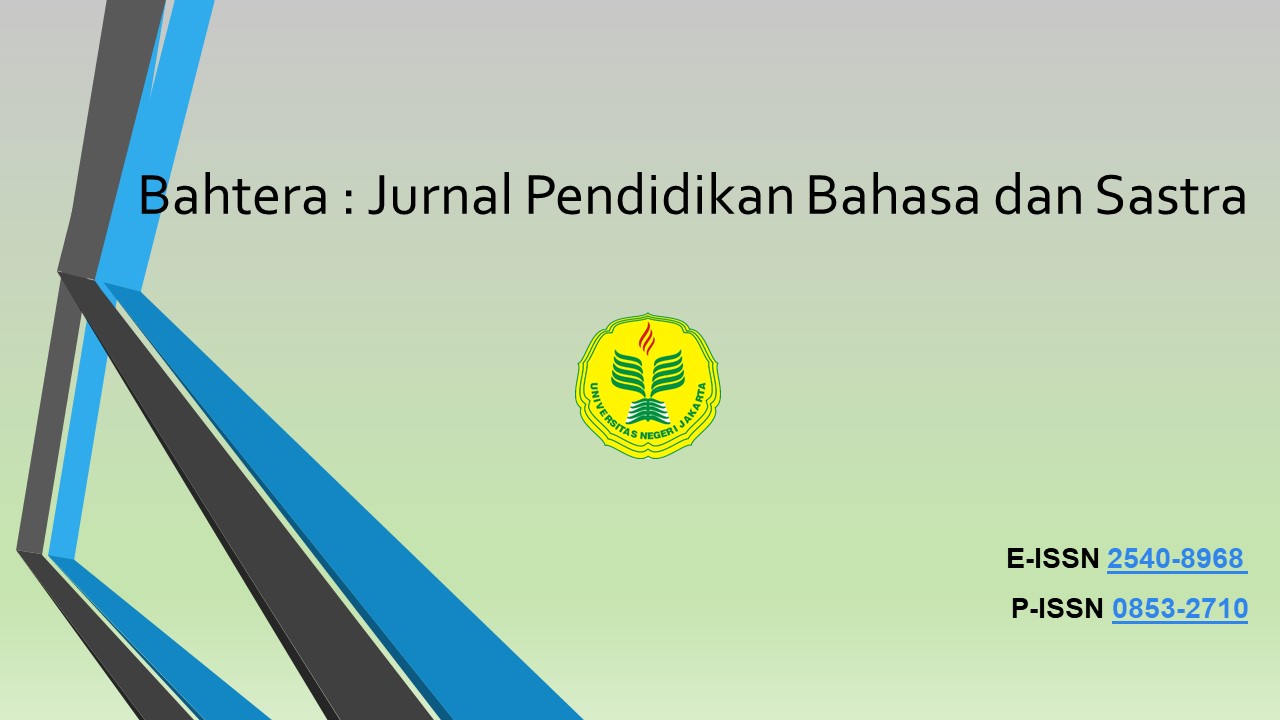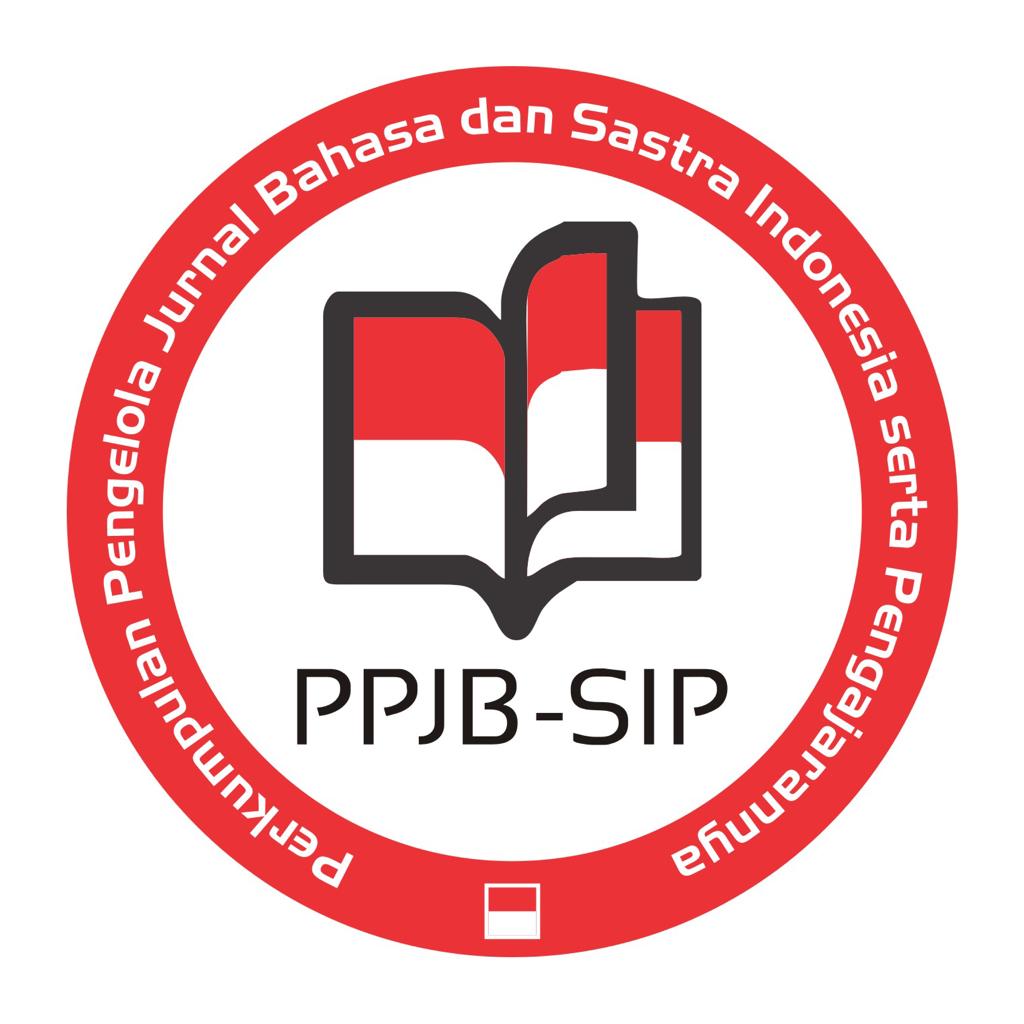REDEFINING AUSTRALIAN LANGUAGE CLASSROOM EFFECTIVITY: TOWARDS INTERCULTURAL COMPETENCE IN FOREIGN LANGUAGE LEARNING
DOI:
https://doi.org/10.21009/bahtera.192.07Abstract
ABSTRACT
Global competence has inevitably expanded the way of education conducted in recent year. One key aspect of global competence is the emergence of cultural intelligence in the classroom – as one medium of global competence transfer is through language learning. Interest to learning a foreign language raises in which many people see foreign language learning as the window and door to the world. This paper aims at exploring global competence is delivered and conducted in a Spanish classroom in Brisbane, Australia. Data were gathered through (1) classroom observation (2) questionnaire distributed to the learner and (3) interview with the learners. Finding shows that in the program is perceived as effective and teacher holds the most important factor in the classroom. In addition to being knowledgeable and skillful, a teacher who possesses cultural intelligence is likely to be preferred. Classroom is portrayed as a hub for transfer of knowledge, allowing learners to bring their identity inside the class while learning being exposed to other foreign language.
Keywords: global competence, cultural intelligence, foreign language learning.
Downloads
Published
How to Cite
Issue
Section
License
License & Copyright
This work is licensed under a Creative Commons Attribution 4.0 International License.










